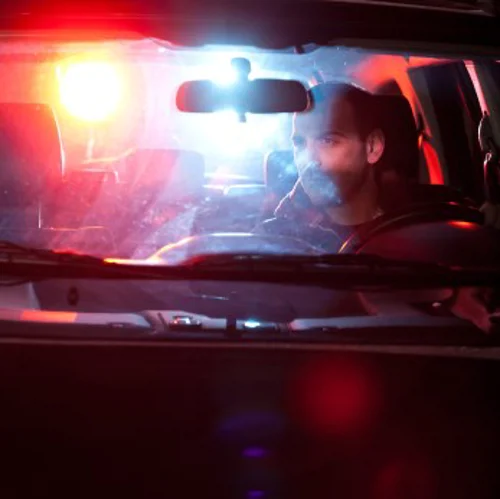 Almost weekly, I get a call from someone asking me to help them with an expungement in Virginia. Typically, they want to wipe out “old” charges from their record. The reasons vary: employment and educational applications, security clearance issues, peace of mind, and so on. Most people do not realize the truth: Expungement in Virginia can be a brutal process. There are a number of pitfalls and strategies involved to safely navigate the legal system to achieve the desired result. The reason being, the Commonwealth’s laws permit only the truly innocent to have their arrest records expunged. In effect, you need to be found not guilty or have the case voluntarily dismissed by the prosecution. If you otherwise qualify, the charge was a misdemeanor and you have no prior record you have an absolute right to an expungement. However, if the charge is a felony, or a misdemeanor and you have prior convictions, the court must find that the continued existence and possible dissemination of information relating to your arrest creates a “manifest injustice.”
Almost weekly, I get a call from someone asking me to help them with an expungement in Virginia. Typically, they want to wipe out “old” charges from their record. The reasons vary: employment and educational applications, security clearance issues, peace of mind, and so on. Most people do not realize the truth: Expungement in Virginia can be a brutal process. There are a number of pitfalls and strategies involved to safely navigate the legal system to achieve the desired result. The reason being, the Commonwealth’s laws permit only the truly innocent to have their arrest records expunged. In effect, you need to be found not guilty or have the case voluntarily dismissed by the prosecution. If you otherwise qualify, the charge was a misdemeanor and you have no prior record you have an absolute right to an expungement. However, if the charge is a felony, or a misdemeanor and you have prior convictions, the court must find that the continued existence and possible dissemination of information relating to your arrest creates a “manifest injustice.”
Often times I am presented with a situation where a client had a case dismissed, but as a result of a “deferred finding.” This unique situation gets even more complicated. A determination must be made if the judgment was deferred (even if subsequently dismissed) after a finding that evidence was sufficient to support a conviction. If so, then the charge will not qualify for expungement. Alternatively, if the case was continued generally, without a finding of sufficient evidence, it is possible to get an expungement if you otherwise qualify.
Although the expungement process can be brutal, there are options even if you don’t initially meet the base requirements. One such avenue is a petition to the Governor for a simple pardon. Simple pardons are declarations of forgiveness. They do not erase the conviction from your record like an expungement, but gives you a notation on your criminal record that the Commonwealth has forgiven you for the past conduct. The pardon process does not involve the courts, but instead is a package presented to the pardon attorney for the governor seeking his consideration. This option, for those that do not otherwise qualify for expungement, can be invaluable.
For more information see Virgnia Code § 19.2-392.2.